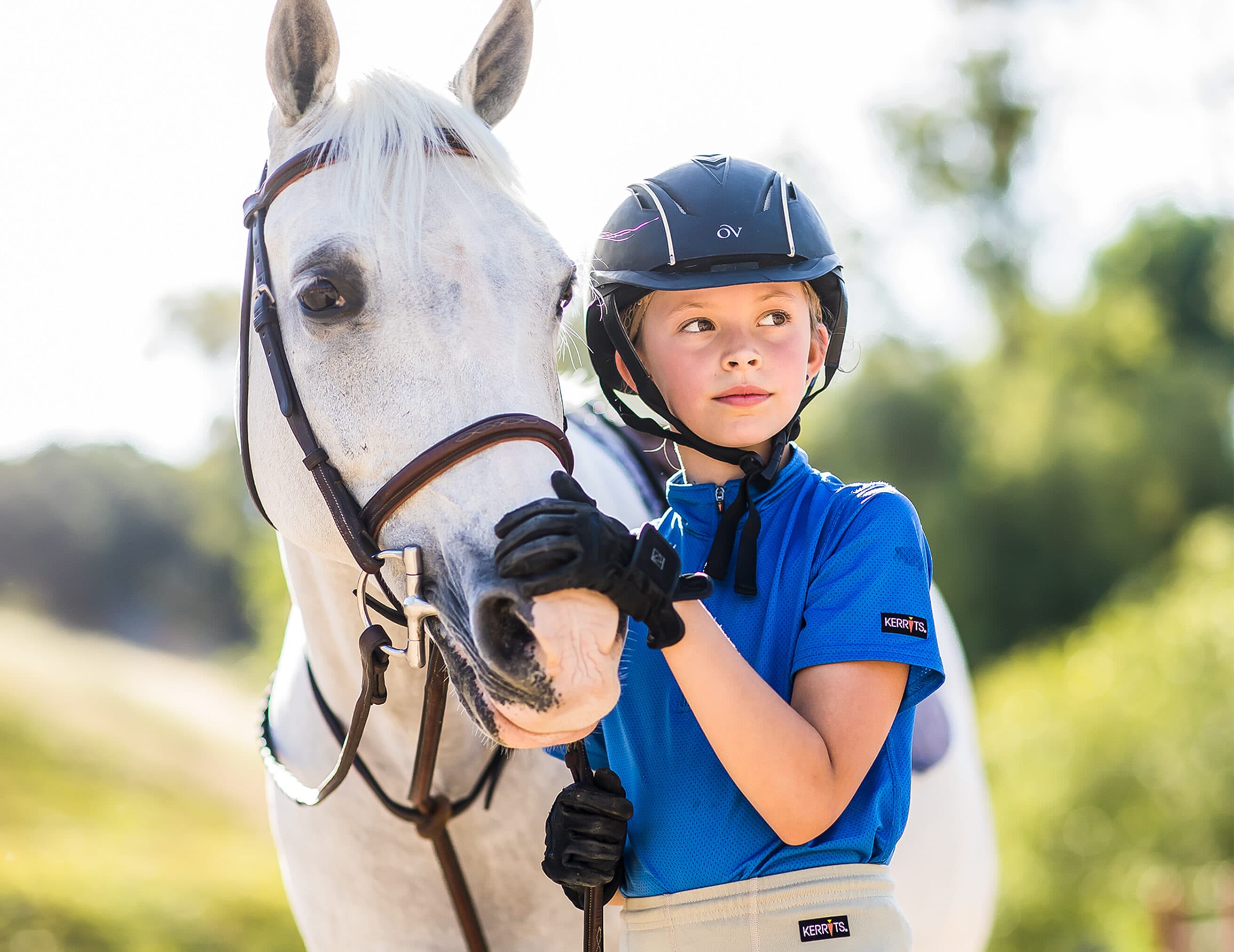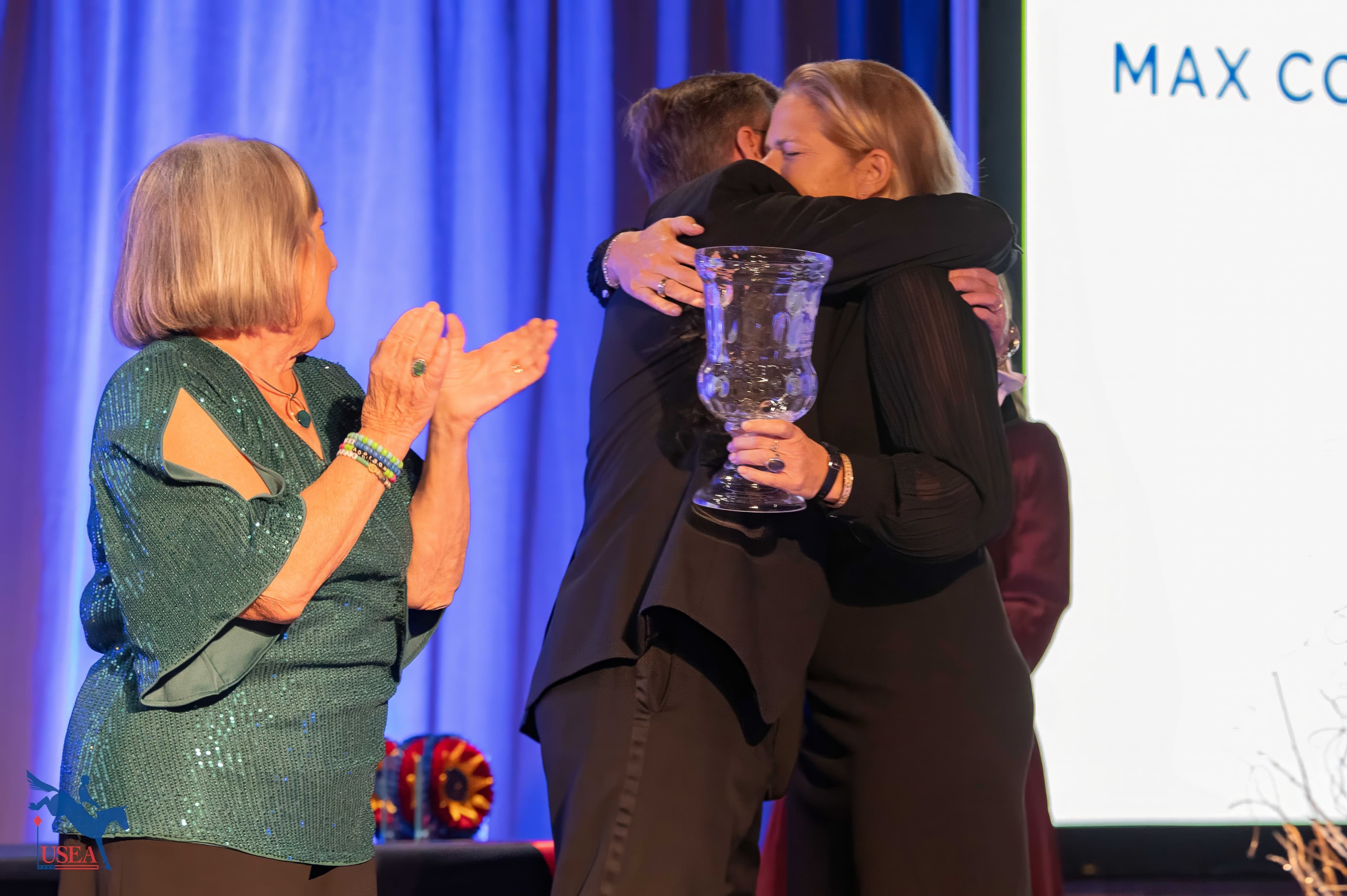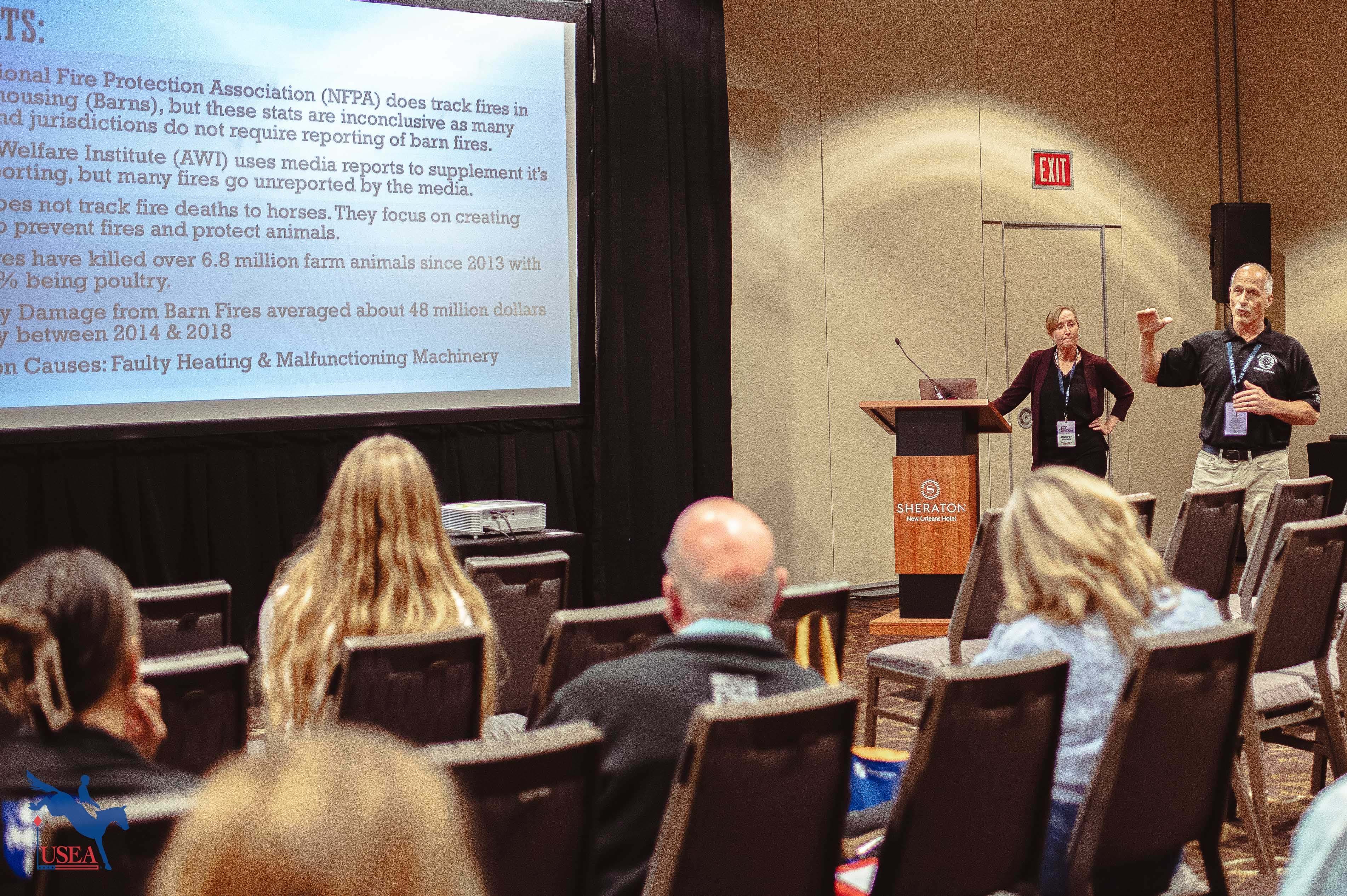Respiratory Disease in Horses: Common Types, Significance, and Prevention

Brought to you by Merck Animal Health, the Official Animal Health Care Provider of the USEA.
Runny nose, fever, cough, fatigue. Infectious upper respiratory disease can have significant consequences for our horses’ health and come in several forms. The most common causes in the horse include equine influenza virus (EIV), equine herpesvirus (EHV) – also known as rhino – and Streptococcus equi subspecies equi (S. equi) – better known as strangles. In a nationwide surveillance study by Merck Animal Health, equine influenza and equine herpesvirus type 4 (EHV-4) are diagnosed more frequently than strangles and equine herpesvirus type 1 (EHV-1).
Some of the biggest risk factors are travel, exposure to new horses and environments, and stress from training or work pressure. Vaccination coupled with good husbandry is the most economical and effective way to protect these individuals.
Equine Influenza Virus
Equine influenza virus is one of the most common infectious upper respiratory diseases of the horse. It is widespread in the equine population of the United States and throughout the world. It spreads quickly because the incubation period is only 24 to 48 hours, and the virus can be transmitted through the air. In fact, coughing can spread nasal droplets more than 200 yards. Horses that are sick for the first time can shed the virus in nasal secretions for as long as seven to 10 days. Indirect transmission of the virus can also occur via hands, clothing, and common use articles such as bits, brushes, and buckets.
Recovering horses require a minimum of three weeks of rest or at least one week of rest for every day of fever. Premature return to exercise may be associated with complications including secondary bacterial infections, reactive airway disease, and exercise intolerance.
Once thought to be a disease primarily of the young, Merck Animal Health has discovered through its ongoing respiratory disease surveillance program (conducted in partnership with University of California, Davis) that EIV is common in broader age groups as well. The equine influenza virus is constantly undergoing change (known as antigenic drift) and the latest changes seem to have made older horses more susceptible to the disease.
A strict vaccination protocol incorporating the modified live EIV vaccine (Flu Avert® I.N.) coupled with good biosecurity measures is the best method of prevention of equine influenza.
Equine Herpesvirus
Equine herpesvirus type 1 (EHV-1) and equine herpesvirus type 4 (EHV-4) can each infect the respiratory tract, causing disease that varies in severity. EHV-4 is typically associated with upper respiratory disease in younger horses; while EHV-1 can cause respiratory disease, late-term abortions, early foal deaths, and neurologic disease. After initial infection, equine herpesvirus remains dormant (latent) in the horse. Stressful events, such as hauling, handling, and training can reactivate the virus and viral shedding can occur “silently” – without symptoms.
A horse affected by the neurologic form of EHV-1 does not typically show outward signs of respiratory disease associated with EHV-1 but does exhibit fever and depression in addition to neurologic deficits. Currently, there is not a vaccine labeled to prevent the neurologic form of EHV-1. Vaccination protocols decrease the severity of respiratory disease and reduce nasal shedding in infected horses, thereby increasing herd immunity.
Both EHV-1 and EHV-4 spread via coughing horses, by direct and indirect contact, nasal secretions, and in the case of EHV-1 abortion, contact with aborted fetuses, fetal/placental fluids, and the placenta.
Strangles (Streptococcus equi)
Strangles is a highly contagious disease caused by the abscess-forming bacteria Streptococcus equi. Also referred to as “distemper,” strangles commonly affects young horses, but horses of any age can be infected. A hallmark of the disease is enlarged, swollen, and tender lymph nodes around the head, under the jaw, and around the throat latch that frequently abscess, rupture, and drain. Abscesses can develop in other places of the body, both externally and internally. The bacteria itself is hardy and survives in a moist environment and organic debris such as manure for up to six to seven weeks. While vaccination is available, a good biosecurity plan is paramount in controlling this disease.
Take Home Message
Equine infectious respiratory diseases can attack suddenly and be devastating to your horse, as well as other horses in the herd, farm, or stable. Preventing disease through proper vaccination is far safer, easier, and more economical than treating the disease after the horse is already sick. Consult with your veterinarian to design the most appropriate vaccination protocol for your horses and remember a critical part of any preventive care plan is proper biosecurity measures. For more information, visit www.Merck-Animal-Health-Equine.com.
Copyright © 2018 Intervet Inc., d/b/a Merck Animal Health, a subsidiary of Merck & Co., Inc.














